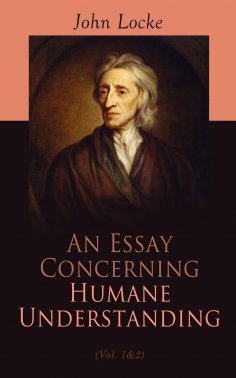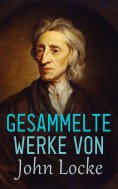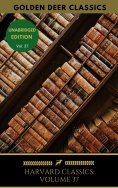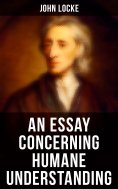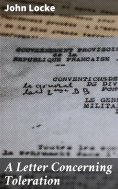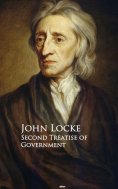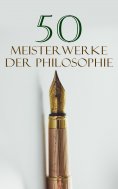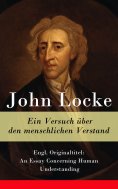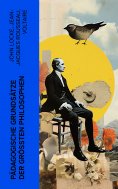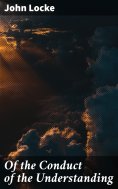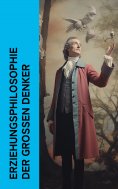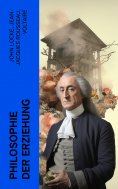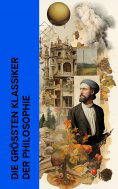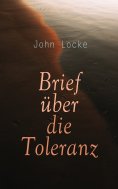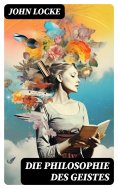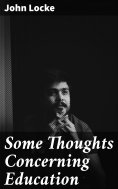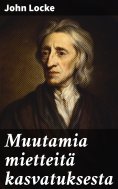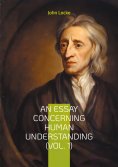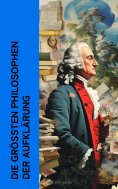An Essay Concerning Humane Understanding (Vol. 1&2)
Über das eBook
This book analyzes the foundation of human knowledge and understanding. Locke describes the mind at birth as a blank slate (tabula rasa) filled later through experience. The essay was one of the principal sources of empiricism in modern philosophy, and influenced many enlightenment philosophers, such as David Hume and George Berkeley. Book I of the Essay is Locke's attempt to refute the rationalist notion of innate ideas. Book II sets out his theory of ideas, including his distinction between passively acquired simple ideas, such as "red", "sweet", "round", etc., and actively built complex ideas, such as numbers, causes and effects, abstract ideas, ideas of substances, identity, and diversity. Book III is concerned with language and Book IV with knowledge, including intuition, mathematics, moral philosophy, natural philosophy ("science"), faith, and opinion.
Über den Autor
John Locke (1632-1704) was an English philosopher and physician, widely regarded as one of the most influential of Enlightenment thinkers and commonly known as the "Father of Liberalism". Considered one of the first of the British empiricists, following the tradition of Sir Francis Bacon, Locke is equally important to social contract theory. His work greatly affected the development of epistemology and political philosophy. His writings influenced Voltaire and Jean-Jacques Rousseau, many Scottish Enlightenment thinkers, as well as the American Revolutionaries. His contributions to classical republicanism and liberal theory are reflected in the United States Declaration of Independence.
Produkt Details
Verlag: e-artnow
Genre: Sprache - Englisch
Sprache: English
Umfang: 641 Seiten
Größe: 921,2 KB
ISBN: 4064066389680
Veröffentlichung: 27. September 2020
